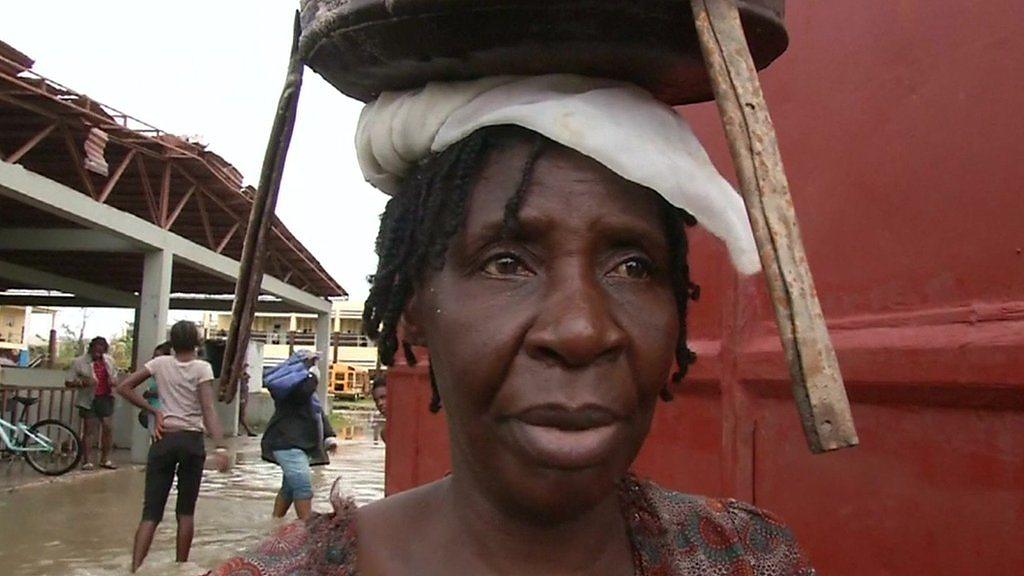Hurricane Matthew: Aid lessons from Haiti quake
- Published
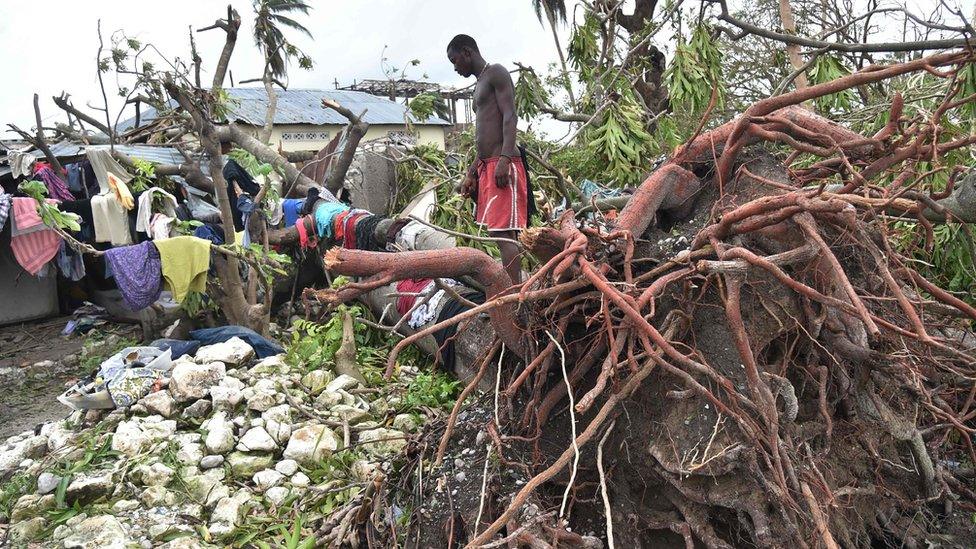
Some 350,000 people need help in Haiti following Hurricane Matthew, the UN says
As the scale of the devastation from Hurricane Matthew is becoming clear in Haiti, so is the need for emergency aid.
The poorest country in the Americas has taken a direct hit from the worst Caribbean storm in nine years. Whole villages and towns have been razed. Hundreds of people are dead.
The Red Cross says a million people have been affected in the south-west of the country. About 350,000 people are in need of immediate assistance, amid fears of cholera outbreaks.
Food is a leading concern as crops have been wrecked by the Matthew. Junior Jetro Cherubin, a farmer in the port city of Les Cayes, told AFP news agency: "I had maize and pepper fields, almost 100 mango trees and a farm where people could buy seedlings. I've lost everything."
Help is all the more urgent as the country's chronically ineffective state cannot cope. "Where is the Haitian government, where are they?" one resident in the devastated town of Cavaillon was quoted as saying by Reuters news agency.
"Water, food, clothing for people in dire need, we need all of that," another said.
So, once again, Haitians have to turn to foreigners. International aid groups are appealing for donations. Many foreign NGOs are on the ground, and are already mobilising to help victims in the south-west.
The previous massive aid effort, in the aftermath of the 2010 earthquake that devastated the capital, Port-au-Prince, may provide useful lessons for the humanitarian effort being launched.
Hurricane Matthew leaves hundreds dead in Haiti
Hand up or handout?
John Mitchell, a leading analyst of humanitarian aid, says swift, concerted action is vital.
The "cluster system" set up by the UN to co-ordinate the aid after the earthquake - which killed more than 200,000 people - helped deliver water and shelter to survivors quickly. "Lives were saved," Mr Mitchell told the BBC.
But, he says, the response also provided warnings. Foreign NGOs were criticised for descending on Haiti with their own staff and their own agenda, ignoring the traditions and expertise of those they were supposed to help.
"The coping strategies of local people were overlooked. Opportunities to support local businesses were missed," says Mr Mitchell, who heads Alnap, an international network of humanitarian agencies.
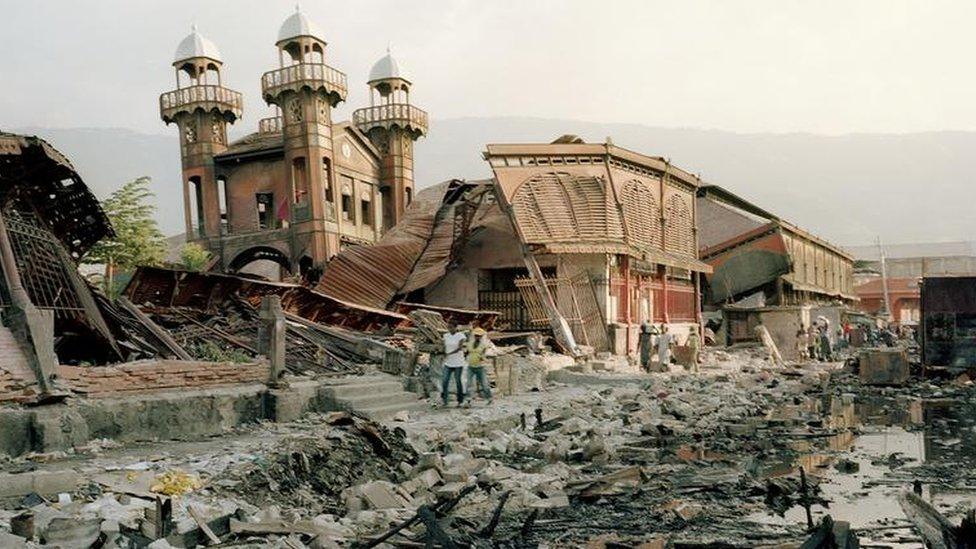
Much of Port-au-Prince was destroyed in the 2010 earthquake
This explains the mixed reception foreign humanitarians get in the country. With an estimated 10,000 non-governmental organisations operating there, locals ironically refer to Haiti as an "NGO republic".
Many point out that six years after the quake, the country has little to show for the billions of foreign cash received. It is as poor and aid-dependent as ever. Tens of thousands of quake victims still live in temporary shelter.
"I've never believed in foreign aid. Please, don't come back promising us billions again if nothing is to come of it," a hurricane survivor told AFP, adding that "80% of the cash was burnt by NGOs".
But Tom Newby of Care International says his charity is working to overcome such scepticism.
He admits that amid the urgency and challenging circumstances that prevailed after the quake, "international agencies weren't able to find national organisations" to work with.
But, Mr Newby insists, lessons have been learned: "This time there is much more scope for doing good partnership work."
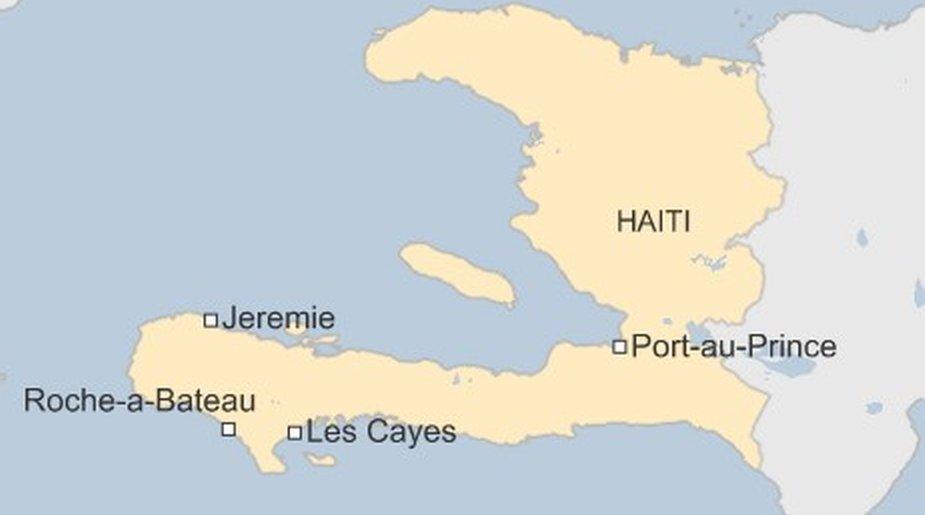
- Published6 October 2016
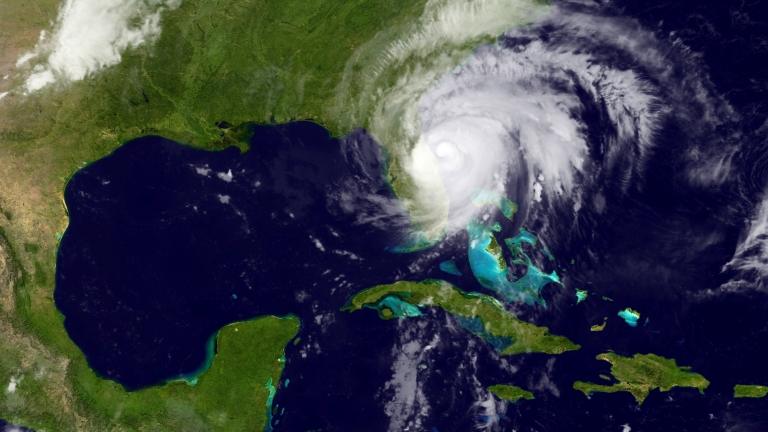
- Published6 October 2016
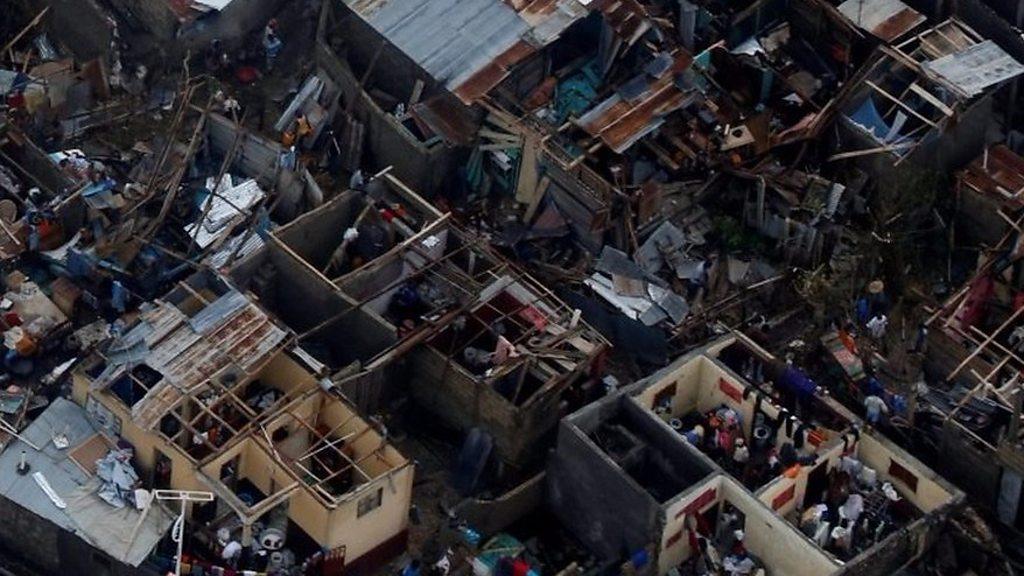
- Published6 October 2016
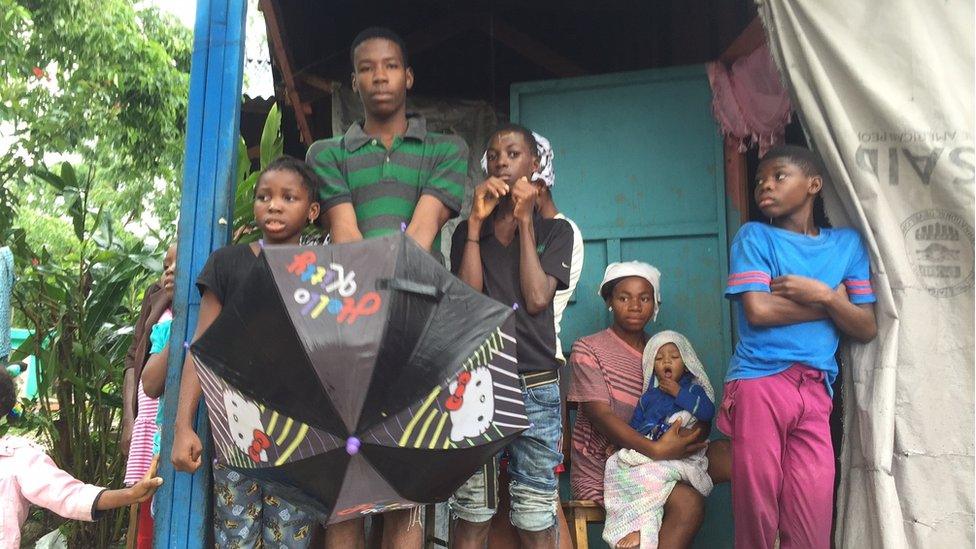
- Published4 October 2016
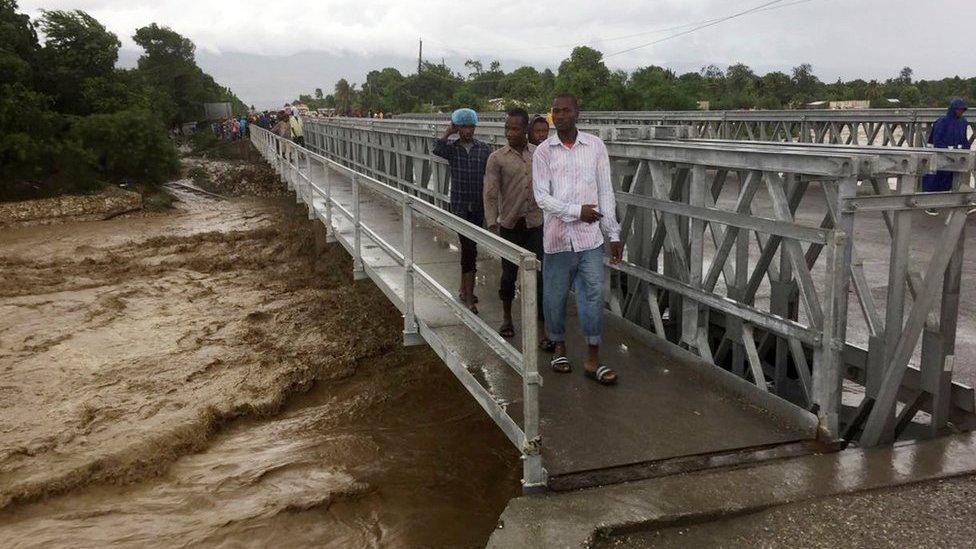
- Published5 October 2016
